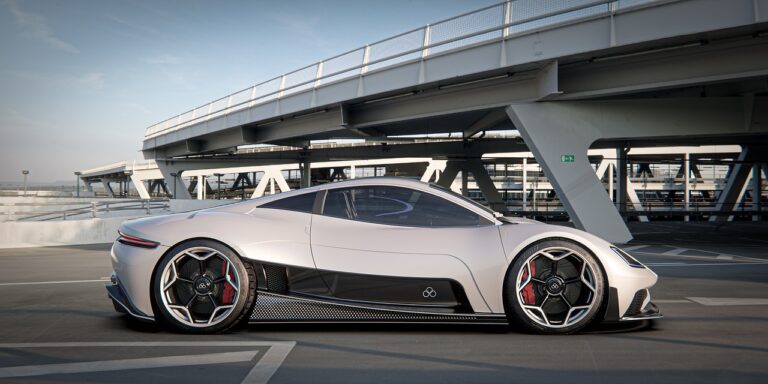Electric Cars: Eco-Friendly Transportation for Fans
Electric cars are gaining popularity due to their environmental benefits. One major advantage is the reduction of air pollution, as these vehicles produce zero tailpipe emissions. This not only helps in improving air quality, but also plays a crucial role in combating climate change.
In addition to their environmental impact, electric cars also offer financial benefits to their owners. With lower operating costs compared to traditional gasoline cars, owners can save on fuel expenses. Furthermore, maintenance costs are typically lower for electric vehicles, as they have fewer moving parts that require regular servicing.
How Electric Cars Help Reduce Carbon Emissions
Electric cars play a crucial role in reducing carbon emissions, as they produce zero tailpipe emissions during operation. By running on electricity instead of gasoline, electric vehicles help lower the amount of greenhouse gases released into the atmosphere. This significant reduction in carbon emissions contributes to combating climate change and improving air quality in urban areas.
Furthermore, the manufacturing process of electric cars also tends to have a smaller carbon footprint compared to traditional gasoline-powered vehicles. With advancements in technology and an increasing focus on sustainability, the production of electric cars continues to become more environmentally friendly. By choosing electric vehicles over conventional ones, individuals can actively participate in the global effort to mitigate the impacts of climate change and create a cleaner, healthier future for all.
The Evolution of Electric Cars
Electric cars have come a long way since their humble beginnings. Initially seen as a niche product, they have now gained mainstream acceptance due to advancements in technology and growing concerns about environmental issues. The early electric vehicles lacked the range and performance needed to compete with traditional gasoline cars, but continuous research and development have significantly improved these aspects.
Improvements in battery technology have been key to the evolution of electric cars. The shift from lead-acid to lithium-ion batteries has revolutionized the industry by providing longer driving ranges and shorter charging times. Additionally, developments in regenerative braking systems and lightweight materials have enhanced the overall efficiency and sustainability of electric vehicles. These advancements have not only made electric cars more appealing to consumers but have also played a crucial role in reducing carbon emissions and combating climate change.
• Electric cars have evolved from niche products to mainstream acceptance
• Advancements in technology and growing environmental concerns have contributed to this shift
• Early electric vehicles lacked range and performance compared to traditional gasoline cars
• Continuous research and development have significantly improved these aspects
Improvements in battery technology:
• Shift from lead-acid to lithium-ion batteries has revolutionized the industry
• Provides longer driving ranges and shorter charging times
• Developments in regenerative braking systems and lightweight materials enhance efficiency and sustainability
Overall impact:
• Electric cars are now more appealing to consumers
• Crucial role in reducing carbon emissions and combating climate change
What are some benefits of electric cars?
Electric cars have lower operating costs, produce zero tailpipe emissions, and are quieter to operate compared to traditional gasoline-powered vehicles.
How do electric cars help reduce carbon emissions?
Electric cars produce zero tailpipe emissions, which helps reduce the overall carbon footprint of the transportation sector and contributes to lower greenhouse gas emissions.
What advancements have been made in the evolution of electric cars?
The evolution of electric cars has seen improvements in battery technology, allowing for longer driving ranges, faster charging times, and increased performance. Additionally, there have been advancements in the infrastructure supporting electric vehicles, such as the expansion of charging networks.
Are electric cars more expensive to purchase than traditional gasoline-powered vehicles?
While upfront costs for electric cars may be higher, they can be more cost-effective in the long run due to lower operating costs, reduced maintenance expenses, and potential government incentives or tax credits for purchasing an electric vehicle.







